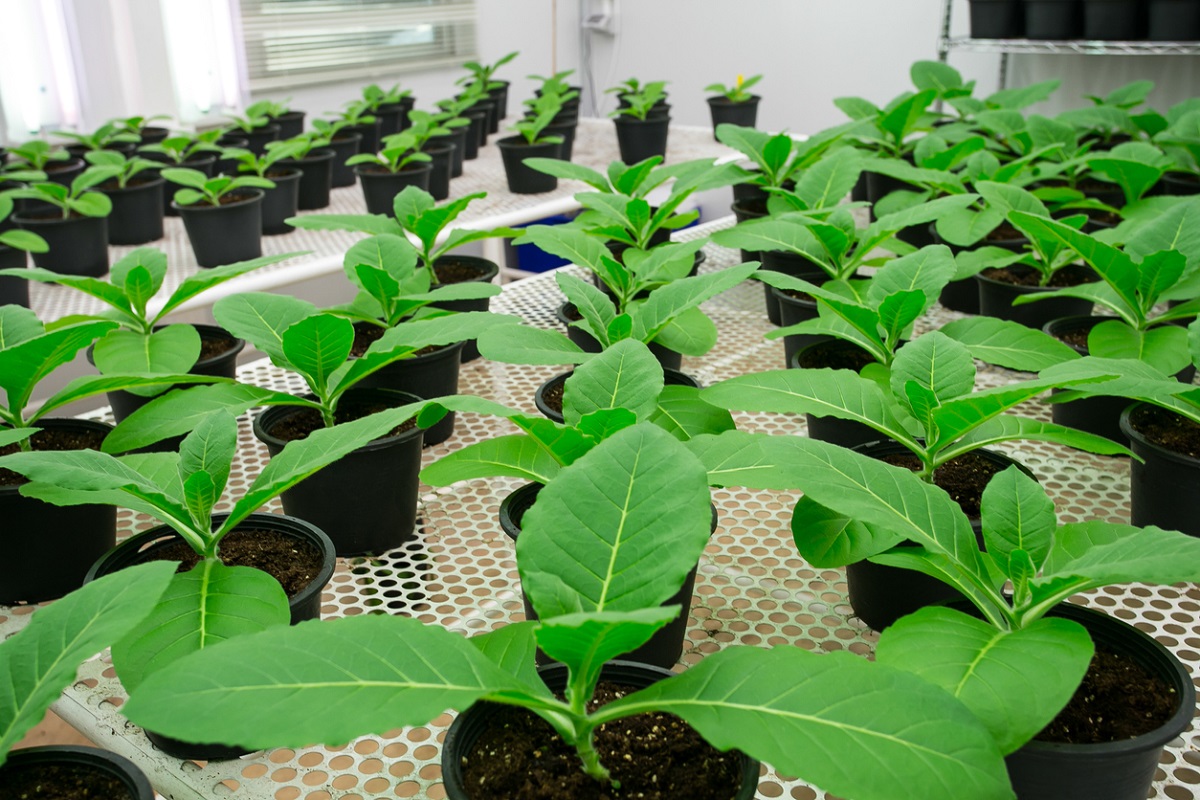
The Role of Plant Biotechnology Against SARS-CoV-2
May 6, 2020| |
A scientific team from Europe compiled and reviewed the existing plant technologies being used to currently combat SARS-CoV-2, the virus responsible for the COVID-19 pandemic. They published their paper with the aim of highlighting technologies where plants can make major contributions: diagnostic reagents for virus test kits, vaccine production, and antivirals to treat symptoms.
The paper discusses three ways in which plants play a role in the fight against COVID-19. First, they tackled the role of diagnostic reagents for the virus-detecting kits, which is in huge demand globally. Upon publication of the SARS-CoV-2 sequence, the information required to generate recombinant viral proteins as diagnostic reagents became possible. Plants are able to produce these proteins in a rapid, massive scale that can be used for the immediate development of assays used to detect serum antibodies in patients, thus leading to the accelerated production of the much-needed test kits. The second role of plants identified is its use in the development of vaccines. Subunit vaccines for seasonal flu and pandemic flu strains have reportedly been produced in plants, particularly by transient expression in tobacco. Plants are being used to produce antibodies that can be used for passive immunotherapy, in which donated or laboratory-made immune system components are given to a person to fight off an infection or disease. In some cases of antibody production, the most economical option to doing it is through large scale planting of transgenic plants. Lastly, the paper discussed the role of plants in antiviral drug production. Antiviral drugs inhibit the viral replication cycle thus slows down the infection and gives the immune system to fight off the infection. Carbohydrate-binding proteins, known as lectins, from plants can be used for antivirals. Lectins bind themselves to a broad range of viruses to inactivate them. Like the other two plant technologies, using transgenic plants can provide a more permanent resource for large scale production of the protein.
The authors also made recommendations to fully utilize plant technology in developing test kit reagents, vaccines, and antiviral drugs. One of the main concerns they raised was that current molecular farming strategies to ease the effects of COVID-19 involve transient expressions and transgenic crops grown in contained facilities. While current regulations allow scientists to use them against COVID-19, it is necessary to re-evaluate regulations pertaining to GMOs especially those in Europe, to address future pandemics.
The full paper is published by Trends in Plant Science.
| |
You might also like:
- Researchers in Spain Use Biotech to Produce SARS-CoV-2 Vaccine in Plants
- Nanoengineers Combine Molecular Farming and Advanced Manufacturing to Develop COVID-19 Vaccine
- COVID-19 Vaccine Development Using New, Fast-Growing Tobacco Plant Technology
Biotech Updates is a weekly newsletter of ISAAA, a not-for-profit organization. It is distributed for free to over 22,000 subscribers worldwide to inform them about the key developments in biosciences, especially in biotechnology. Your support will help us in our mission to feed the world with knowledge. You can help by donating as little as $10.
-
See more articles:
-
News from Around the World
- U.S. EPA Grants Approval to Conduct GE Mosquito Field Trials
- Experts Discover Rice Proteins Vital for Pollination
- Scientists a Step Closer to Heat-tolerant Wheat
-
Research Highlights
- Next-generation Sequencing of Poplar Lines Confirms Vector-free Transformation
- CRT1a Knockout Reduces Plant Susceptibility to Fungal Attack
-
Plant
- CRISPR-Cas9 Technology Reveals Function of OsRhoGDI2
-
Health
- Researchers Discover Antibody that Blocks SARS-CoV-2 Infection in Cells
- The Role of Plant Biotechnology Against SARS-CoV-2
- Canadian Researchers Use Algae to Produce COVID-19 Test Kits
- Food Security Expert Says COVID-19 Pandemic Calls for Reassessment of Food Systems
-
Read the latest: - Biotech Updates (January 21, 2026)
- Gene Editing Supplement (December 17, 2025)
- Gene Drive Supplement (February 22, 2023)
-
Subscribe to BU: - Share
- Tweet

